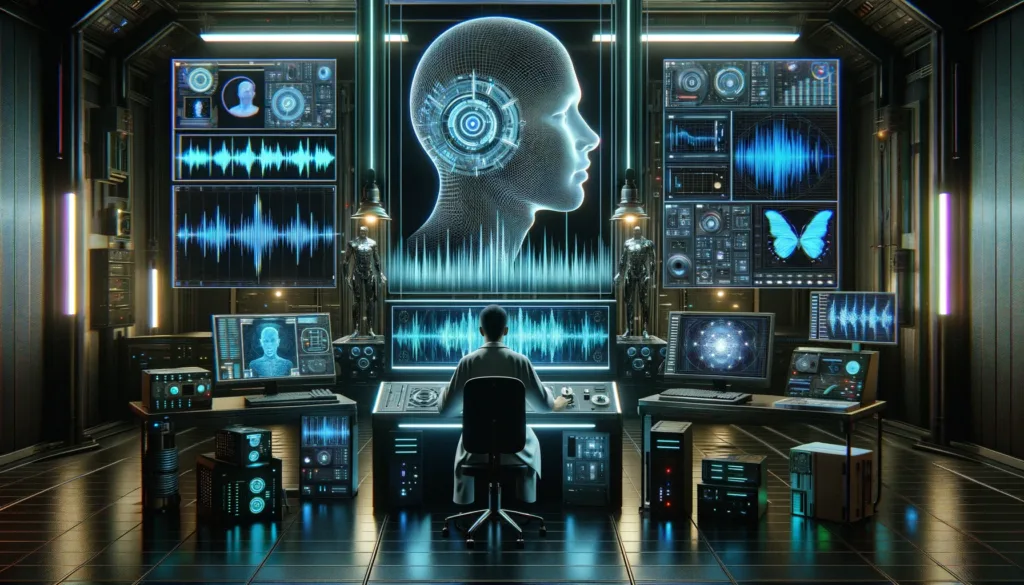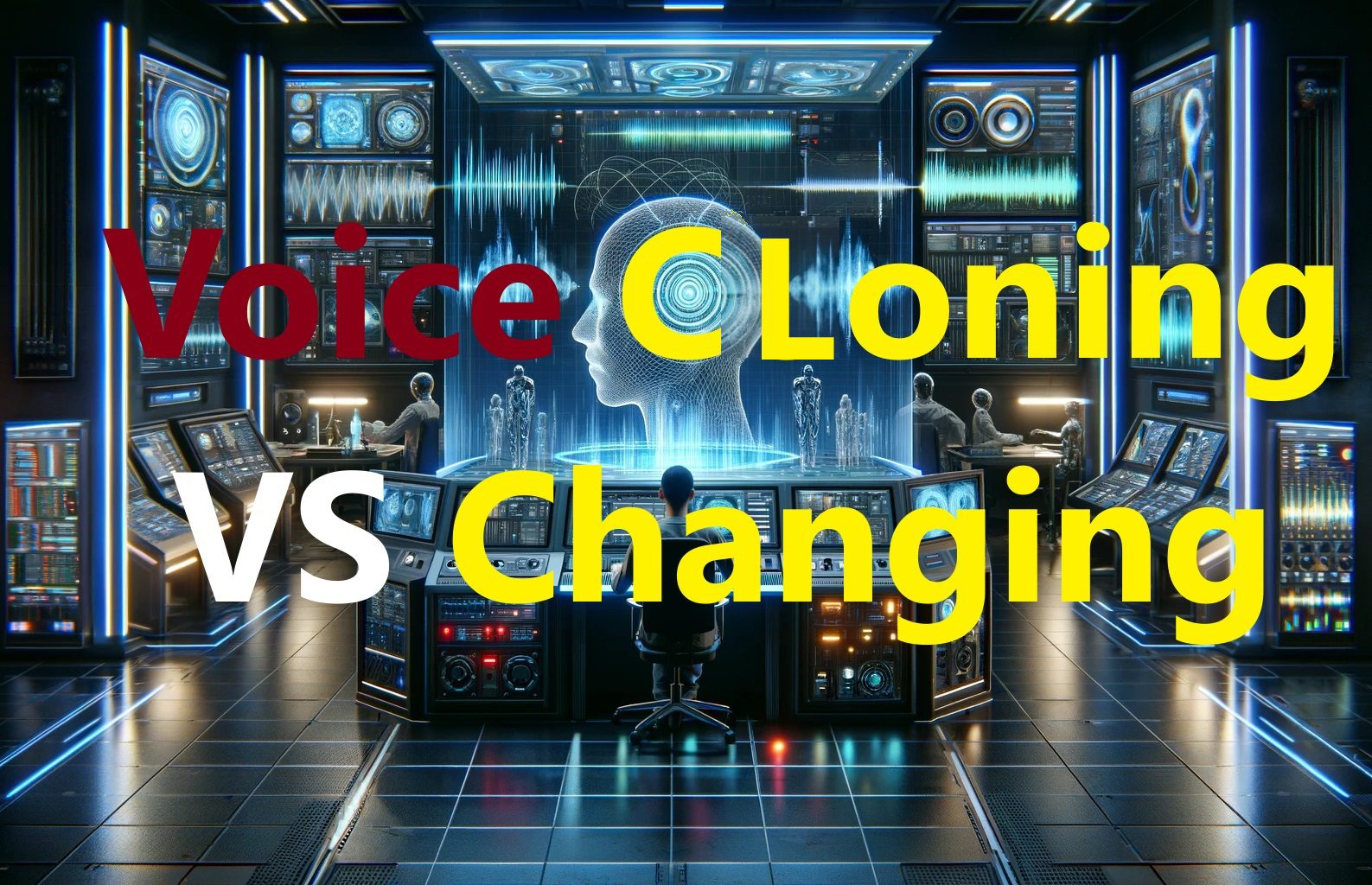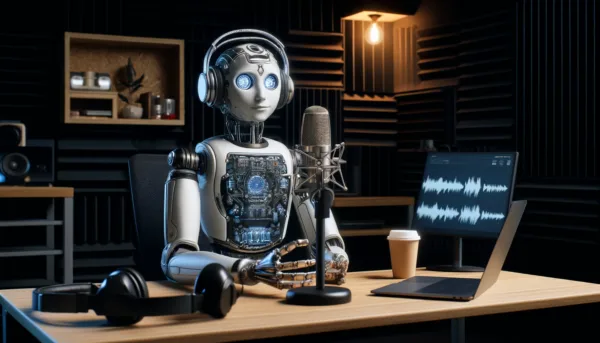Table Of Content
Whereas voice changers serve instant voice changes across many voice effects, perfect for online fun and gaming, voice cloners serve to create an exact digital replica of a certain voice. For more information on which technology fits your aspirations in the digital realm, read on for our detailed comparison.
Voice Changers
They usually change the voice of a person in real time or on the recorded audio to sound different. They adjust pitch, tone, and sometimes effect, which enables them to make the user sound like someone else-for example, some character, celebrity, or another completely different person. The most common usages of voice changers are in entertainment for gaming, live streaming, or any form of voice chat. They come with a host of voice filters and sound effects to choose from, adding more fun and excitement to online interactions. For example, MagicMic offers 225+ Voice Filters, 600+ Sound Effects to change your voice to any other voice you want in several ways for gaming and chatting, even for live streaming. It’s designed to be easy to work with and integrated with features such as noise reduction technology to make your voice clear as it changes.
Voice Cloners
They do that through high-tech AI methods, producing a synthetic version of any given person’s voice. This technology primarily works by analyzing recordings of the targeted voice, capturing its unique attributes such as pitch, tone, and nuances. Once the AI learns these attributes, it can generate new speech in that voice, uttering things the original speaker has never recorded. Some of the applications of voice cloning will be content creation, assistants that can be personalized, and tools that will replace the voices of persons likely to lose the ability to speak because of medical conditions. It opens paths to highly personal voice solutions and allows increasing engagement in content, offering innovative ways to communicate.

The key difference lies in the purpose and level of complexity: voice changers operate mostly with real-time alteration of one’s voice, holding various effects based on entertainment purposes, while voice cloners are going to generate a digital replica of a specific voice for more personalized and extensive applications. Voice changers, therefore, give a wide range of fun and entertaining modifications that are suitable for casual use, while voice cloners entail more input of voice samples, require processing, and result in a custom, realistic voice output that can be utilized in more professional and personal contexts.








